Dr. Bill Harned hopes to share his research of this recently published Haitian art music with unconventional rhythmic notations to as many people as he can through lecture recitals. Music can unify the masses. Creole music has the ability to create a more cosmopolitan hybrid though we as a society continue to separate by race and other differences. In Haiti they only focus on their country’s identity. Haitian philosopher Édouard Glissant speaks of a Creole world that is continuing to develop a bit more every single day.
Throughout history, music has provided cultures with a binding tie to synergistically grow and develop. Cultures have used music as a sense of identity. In the New World, new cultures combined styles from Europe, Africa, and natives. Through creolization, the New World experienced an amalgamation of styles that used the African drum for its fundamental rhythms.

The recent publication of Haitian classical music by the SRDMH archive, which stores original manuscripts of Haitian classical music in Montreal, has recently exposed unknown compositions that date back to the first Haitian piano compositions from the 1890s and include the co-inventor of the quintolet rhythm, Occide Jeanty. In Haiti only compositions of the Méringue traditionally used the quintolet rhythm. Now it is used as a symbol of Haitian identity.
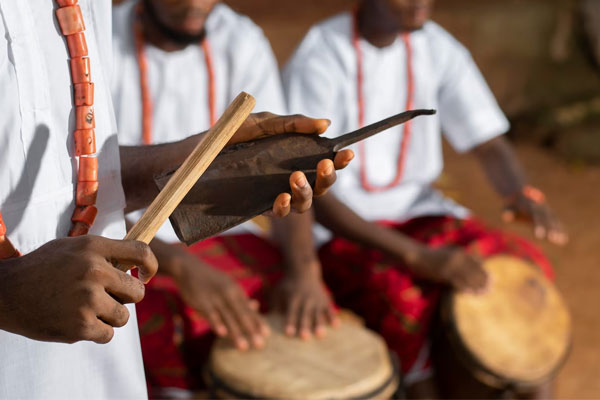
His dissertation analyzes fifteen Méringue compositions (only published 2015 – 2017 but include some of the oldest works from 1893 and 1897) for the piano to produce and publish his theories about the execution of the non-literal rhythms of the quintolet and elastic tresillo rhythms.
The Tresillo Rhythm
- Represents the fundamental triple meter in Afro-centric music
- Common to general folk and popular music
- Occurs naturally in African languages
- Usually represented at 3:3:2 ratio
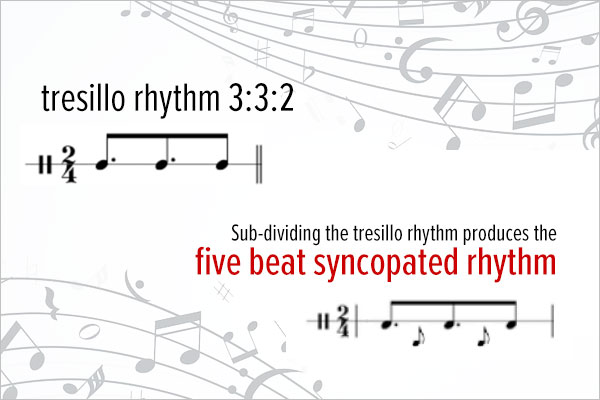
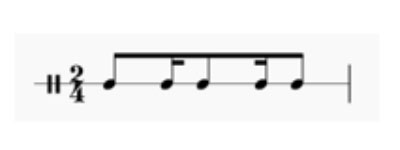
Cinquillo Rhythm
- Sharp Syncopation
- Commonly Used
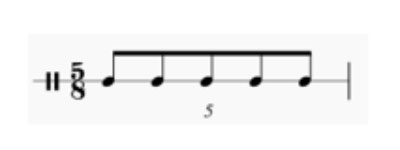
Quintolet Rhythm
- Relaxed syncopation
- Not executed literally
- Final note is slightly longer
- Haitian origin
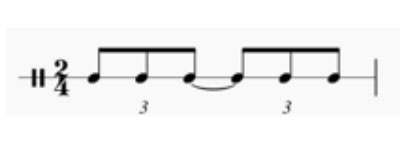
Elastic tresillo Rhythm
- Relaxed syncopation
- Not executed literally
- Final note is slightly longer
- Puerto Rican origin

Dr Harned lectures at the 2022 World Piano Conference.
Host Dr. Harned at your event
Dr. Bill Harned is available to speak at your university, symposium, or conference and holds a Doctorate of Arts degree in Piano Performance with a secondary emphasis in Collaborative Piano. He has achieved an expertise with the Haitian Quintolet and Puerto Rican Elastic Tresillo Rhythms and is available as a guest lecturer for your event.
Email for availability: bill.harned@gmail.com